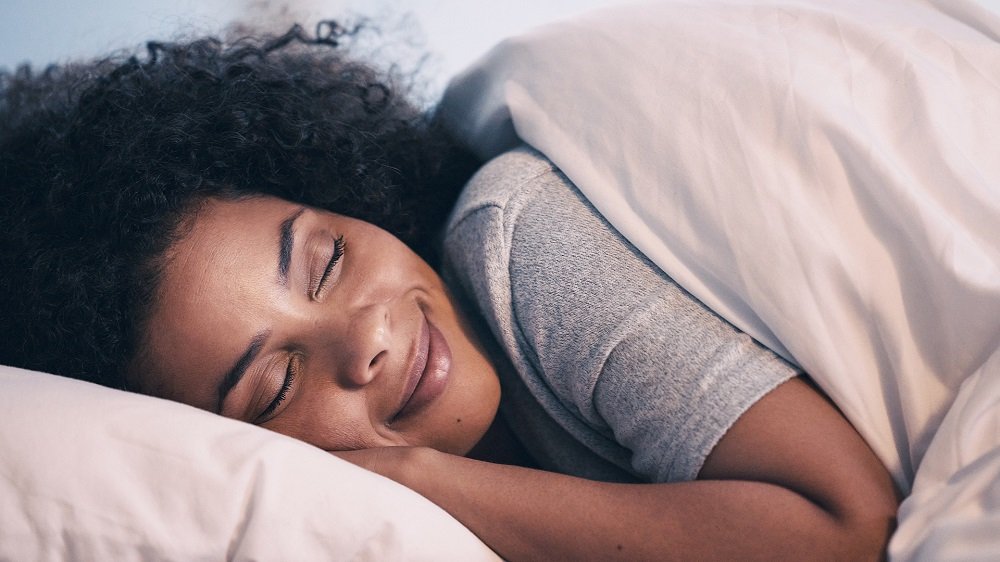The Science of Better Sleep: Choosing the Right Bed and Designing Your Dream Bedroom
Sleep is not a luxury—it is a biological necessity. Yet, millions of people around the world struggle to get the quality sleep they need. According to Oxford University’s Experimental and Clinical Sleep Medicine Group, proper sleep plays a pivotal role in brain function, immune health, and overall wellbeing. Despite this, many underestimate how much the right bed and bedroom environment can affect sleep quality.
Why Sleep Quality Matters
Getting enough sleep is more than a matter of feeling rested. Johns Hopkins Medicine notes that sleep deprivation can impair cognitive function, affect mood, reduce productivity, and even contribute to chronic conditions like heart disease and diabetes. But it’s not just about hours in bed; the quality of that sleep matters. Achieving deep, restorative sleep requires attention to your bed, mattress, and the sleep environment.
Think about it: how often do you wake up feeling tired despite sleeping “enough”? This may indicate that your mattress isn’t supporting your body properly, or that your bedroom isn’t optimized for relaxation.
Understanding the Sleep Cycle
Sleep is divided into stages: light sleep, deep sleep, and REM (Rapid Eye Movement) sleep. Each stage serves a unique purpose:
- Light Sleep: Prepares your body for deeper stages of sleep.
- Deep Sleep: Critical for physical repair, growth, and immune function.
- REM Sleep: Enhances memory, learning, and emotional regulation.
Without reaching each stage consistently, you may feel groggy, irritable, or unfocused—even after 8 hours in bed. This is why the right bed and bedroom design are essential.
Choosing the Right Bed: The Foundation of Restful Sleep
Your bed is the centerpiece of your sleep environment. A poorly designed or low-quality bed can lead to back pain, restless nights, and chronic fatigue. At Beds and All – Gauteng Bed Manufacturers, we focus on producing high-quality beds that combine comfort, support, and durability.
1. Size Matters
The size of your bed can significantly affect your sleep. Couples often benefit from king beds, which provide ample space for movement and reduce partner disturbance. Even solo sleepers may find that larger beds contribute to a sense of luxury and comfort, helping to promote relaxation.
2. Mattress Types
Not all mattresses are created equal. Choosing the right type depends on your sleeping style and preferences:
- Memory Foam: Molds to your body, relieving pressure points—great for side sleepers.
- Innerspring: Traditional feel with bounce and support—suitable for back and stomach sleepers.
- Hybrid: Combines foam and springs for a balanced feel of comfort and support.
- Latex: Naturally resilient, hypoallergenic, and temperature-regulating.
3. Firmness and Support
Mattress firmness is highly personal. Side sleepers often prefer softer mattresses to cushion shoulders and hips, while back and stomach sleepers need medium to firm support to maintain spinal alignment. At Beds and All in Midrand, we offer a range of mattresses tailored to your sleeping style.
4. Quality Over Price
Investing in a high-quality mattress pays off in the long run. Cheaper beds may sag or wear out quickly, reducing sleep quality. Our beds are designed to last, ensuring that you enjoy consistent comfort and support for years.
Designing a Bedroom for Better Sleep
The bedroom environment is just as important as the bed itself. A well-designed space can help your mind and body relax, making it easier to fall asleep and stay asleep. Experts in interior design and sleep psychology recommend several strategies to create a restful sanctuary.
1. Soothing Colors
Colors influence mood and relaxation. Soft shades of blue, green, gray, or beige are ideal for bedrooms because they promote calmness. Bold colors, while visually striking, can overstimulate the mind and interfere with sleep. For inspiration, check out Farrow & Ball’s bedroom ideas.
2. Lighting Matters
Light affects your circadian rhythm, the body’s natural sleep-wake cycle. Exposure to natural light in the morning helps set your internal clock, while blackout curtains at night prevent disruption from external light. Consider dimmable bedside lamps to create a soothing pre-sleep atmosphere.
3. Declutter Your Space
A cluttered room can create mental stress. Minimalistic design principles, as shown in The DIY Playbook’s decorating guide, suggest keeping surfaces clear and using smart storage solutions. A tidy bedroom helps your brain relax and improves sleep quality.
4. Add Texture and Comfort
Soft rugs, cozy blankets, and high-quality bedding contribute to a tactile sense of comfort. Layers of textures make the bedroom inviting and help signal to your body that it’s time to rest.
Lifestyle Habits for Better Sleep
Even with the perfect bed and bedroom, habits play a crucial role in sleep quality. Simple adjustments can have a big impact:
- Maintain a consistent sleep schedule—even on weekends.
- Limit caffeine and alcohol close to bedtime.
- Keep electronics out of the bedroom or use night mode to reduce blue light exposure.
- Engage in calming activities before bed, such as reading, meditation, or gentle stretches.
Putting It All Together
Better sleep begins with investing in the right bed, optimizing your bedroom, and practicing healthy sleep habits. With our premium range of beds from Gauteng bed manufacturers, including luxurious king beds and quality options in Midrand, you can create the foundation for restorative, uninterrupted sleep.
Imagine waking up feeling truly refreshed, energized, and ready to take on the day. That’s the power of combining expert-backed sleep strategies with high-quality bedding and thoughtful bedroom design.
Take the first step towards better sleep today by exploring our collection of beds and mattresses designed for your comfort and health. Your body—and mind—will thank you.




